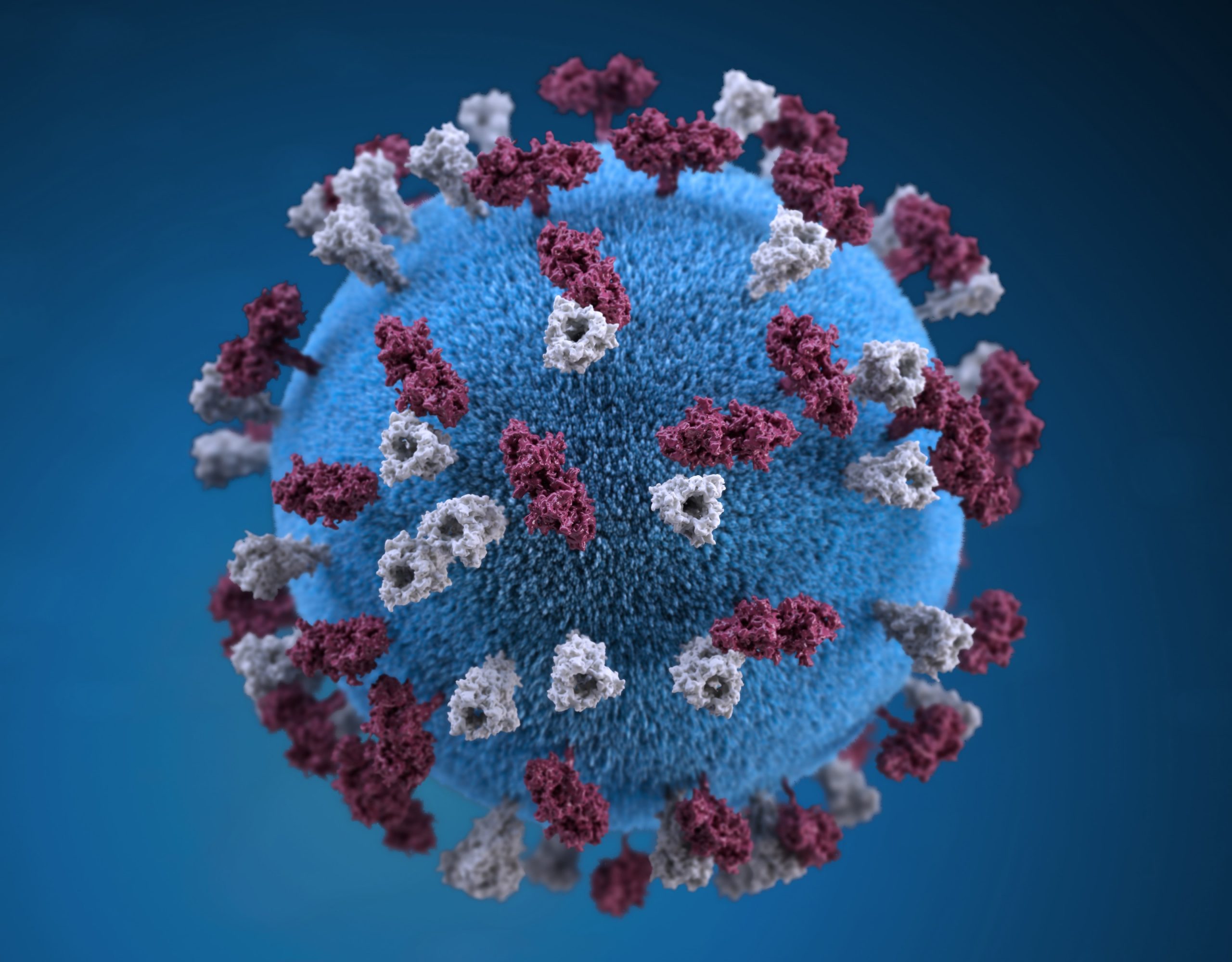COVID-19 Exacerbates Some Parkinson’s Symptoms, Study Finds
Written by |

COVID-19 infection appears to worsen some symptoms of Parkinson’s disease, requiring adjustments to therapy, according to a recent case study.
The study, “Effects of COVID-19 on Parkinson’s disease clinical features: a community-based case-control study,” was published in the journal Movement Disorders.
SARS-CoV-2, the strain of coronavirus responsible for COVID-19 disease, may worsen Parkinson’s disease through several different mechanisms, such as interactions with the dopaminergic system in the brain or through systemic inflammatory responses.
Although Parkinson’s patients are not more likely to be infected by COVID-19 than the general population, being older puts them at risk for more severe infections. Also, a higher mortality rate due to COVID-19 has been described in advanced Parkinson’s patients, and tied to older age and longer disease duration.
In this study, a team of researchers reviewed 1,092 records of patients with idiopathic (of unknown cause) Parkinson’s disease over a three-month period in the Lombardy region of northern Italy. From these, the team randomly selected 150 patients for a remote interview with a neurologist experienced in movement disorders. A total of 141 patients agreed to be interviewed, 12 of whom were diagnosed with COVID-19.
Among the 129 patients screening negative for COVID-19, the team used a group of 36 Parkinson’s patients as controls matched for age, sex, and disease duration, but without COVID-19.
Compared to control patients, both motor and non-motor symptoms worsened among the 12 virus-infected individuals, as assessed by various standard scales used to evaluate Parkinson’s disease severity. These included the Clinical Impression of Severity Index for Parkinson’s Disease (CISI-PD), the Movement Disorders Society Unified PD Rating Scale (MDS-UPDRS) parts II and IV, and the Italian version of the Non-Motor Symptoms Scale for Parkinson’s disease (NMSS).
Compared to virus-free individuals, those infected with COVID-19 experienced more daily “off” episodes — when symptoms are not adequately controlled — which prompted neurologists to prescribe higher doses of dopaminergic therapies for one-third of the patients.
The study authors suggest that that could be affected by greater incidence of diarrhea among those diagnosed with COVID-19. They suggest that diarrhea negatively affected the pharmacokinetics, or how a medicine moves through the body. Prior studies have shown that the rapid flushing of metabolites through the system during bouts of diarrhea may diminish the amount of medicine available for therapeutic effect.
According to the researchers, diarrhea could explain patients’ increased motor fluctuations, but not the worsening of motor disability or of the motor aspects of daily living experiences.
Among non-motor symptoms, the study found that COVID-19 did not significantly affect cognitive skills, nor did it cause autonomic failure, a severe dysfunction of the autonomic, or involuntary, nervous system.
The study also found increased fatigue and urinary problems among those infected with COVID-19. The urinary symptoms may be attributed to a combination of fluctuating motor symptoms and COVID-19, while the increased fatigue appeared to fall entirely to the virus.
The study did not uncover any virus-related effect on cardiovascular, gastrointestinal and sexual functions, or hypotension (low blood pressure). It did uncover a slight difference in attention between those with a COVID-19 infection and those without, but this difference was deemed insignificant.
Although the study examined a relatively small number of individuals, community sampling of mild-to-moderate illnesses that are likely representative of the majority of Parkinson’s patients affected by COVID-19 had several strengths.
First, the study excluded or minimized confounding effects that quarantine and lockdown restrictions might have played. It also excluded secondary and atypical parkinsonism that could have been caused by fluctuating symptoms or medicine use. Finally, it excluded the confounding effects of severe illness and the presence of multiple simultaneous medical conditions.
COVID-19 is still a very new disease and more studies will be needed to clarify any cause-and-effect relationship between clinical changes and the severity of that illness.
In the meantime, the authors recommend that clinicians consider adjusting Parkinson’s patients’ therapeutic regimens based on possible changes to medication effects.





